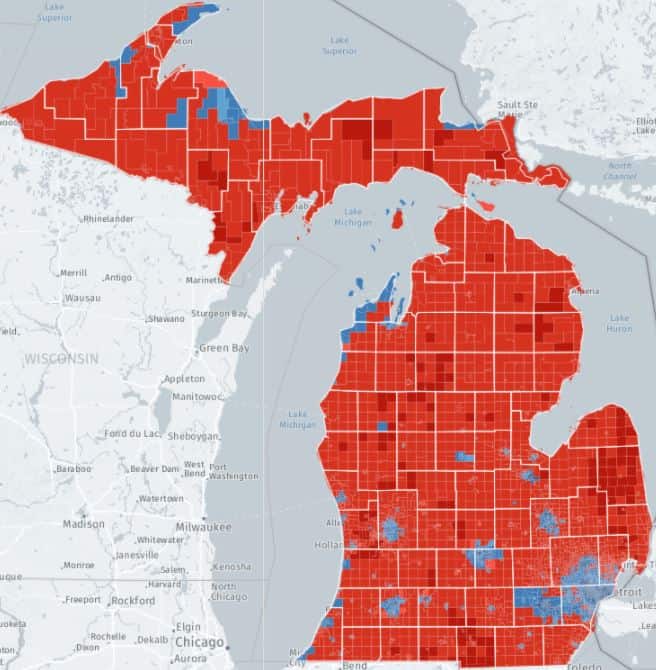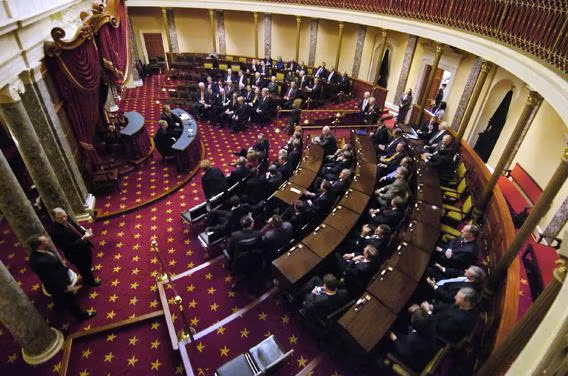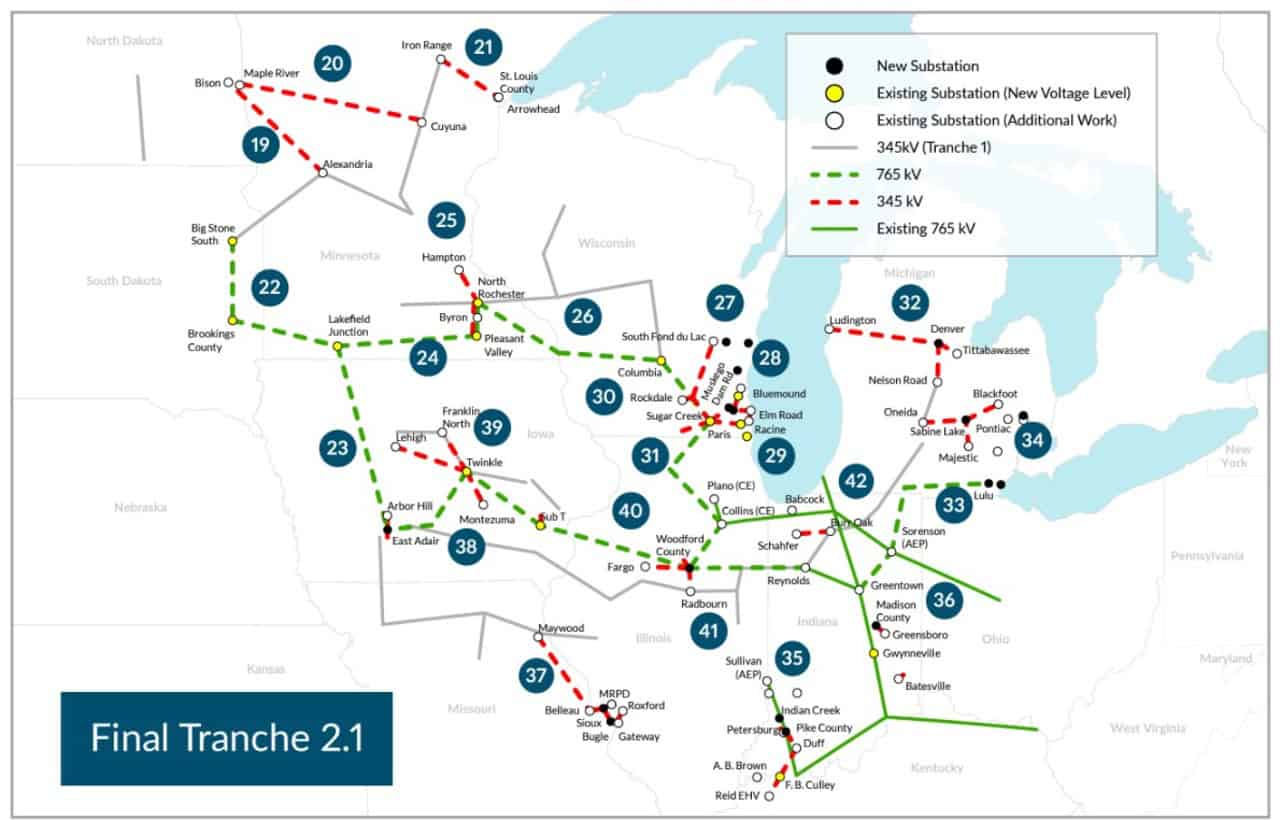LANSING – One of the great unknowns heading into the 2016 election, the first general election in more than a century without voters having the option to pick a party’s slate of candidates with a single mark on the ballot, has been removed for now with a federal judge slapping a preliminary injunction Thursday on the law repealing that option.
John Sellek, spokesperson for Attorney General Bill Schuette, said Schuette and Secretary of State Ruth Johnson planned to file an appeal early next week with the 6th U.S. Circuit Court of Appeals.
U.S. District Judge Gershwin Drain ruled that PA 268 of 2015 would have disproportionately affected African-American voters because they are more likely to use the straight ticket option and the law would hinder African-Americans’ ability to participate in the political process.
“It seems the only purpose behind P.A. 268 is to require voters to spend more time filling more bubbles,” he wrote. “Plaintiffs have demonstrated that African-Americans are more likely to use straight-party voting than white voters, and ‘its elimination will disproportionately affect African-American voters.’ Specifically, voter wait times will increase greatly in African-American communities in comparison to other communities.”
Drain pointed to data submitted by the plaintiffs showing that of 15 cities in Michigan where at least 65 percent of voters used the straight party option, only two were majority white. Detroit, where 82.5 percent of residents are African-American, saw 75.5 percent of voters use the straight party option. The same data showed while about half of voters use the straight party option, the rate in African-American majority districts was 67 percent.
The judge also pointed to how the party vignettes that once accompanied the place to mark a straight ticket ballot will remain on the ballot. Clerks warned of potential confusion and voter disenfranchisement and urged Republican legislative leaders to fix the issue, but their concerns provoked no action. With African-Americans using straight ticket voting in greater numbers, they face a disproportionate risk of problems from this situation as well, Drain said.
The new law was a move by the leaders of the Republican-controlled Legislature to deprive Democrats of the straight ticket option that, on balance, benefitted their candidates more than Republicans.
Exactly what the political impact would be was the subject of major speculation. Would voters accustomed to making one mark to pick a party’s slate of candidates go through the more laborious process of reading through each partisan race to select individual candidates? How far down the ballot would they go? Would more people vote the nonpartisan ballot as a result of having to move through the full ballot instead of making one mark and thinking they were done?
The one result most everyone agreed was a benefit to Republican candidates on the statewide education board races where few voters know the candidates and many of those voting the full ballot did not vote, giving those voting straight ticket greater power in deciding the outcome. Even as Democrats did poorly in the 2014 election, they still dominated the education board races.
As to the impact on the state House, where Democrats are making a big push to try to retake the majority from Republicans, that was less clear. Political professionals in both parties said it would likely hurt Democrats, though to what extent was difficult to say.
Democrats were jubilant Thursday.
“We’re glad that Judge Gershwin Drain agreed with what we’ve said all along: This law will put roadblocks between voters and the voting booth,” House Minority Leader Tim Greimel (D-Auburn Hills) said in a statement. “Instead of encouraging more people to take an active role in our democracy, this law would discourage people from voting by making them wait in long lines to cast a ballot. We’re grateful for this decision and hopeful that the lawsuit against this measure will ultimately prevail.”
The decision incensed Republicans.
Sen. Marty Knollenberg (R-Troy), who sponsored the bill, called the ruling “ridiculous.” There are 40 other states without a straight ticket option and he said the decision is “all about politics.” Drain was appointed to the bench by President Barack Obama.
Knollenberg said the law is designed to gear voting toward picking the person, not a party.
“I think it’s totally disingenuous that people won’t be able to check off the person that they want to vote for,” he said. “They do this in 40 other states. I don’t think there’s a segment or demographic out there that can’t figure this out.”
Drain was unimpressed by the “40 states” argument.
“The mere wish to follow ‘the trend’ among other states is problematic for several reasons,” he said. “The record indicates that P.A. 268 would have a disparate impact on African-Americans in the state of Michigan. The fact that some other states do not allow straight party voting changes none of the facts that are before this court.
“Furthermore, and more importantly, the behaviors of other states are irrelevant to the question of constitutionality. If the Ohio Legislature successfully instituted poll-taxes and literacy tests without challenge, it would not change the fact that poll-taxes and literacy tests are still clearly unconstitutional burdens on the right to vote,” he said.
This story was published by Gongwer News Service. To subscribe, click on www.gongwer.com







